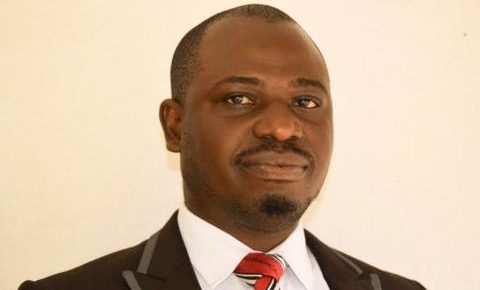By Hassan Osman Kargbo
The Leader of the Main Opposition in Parliament, Hon. Abdul Kargbo, has publicly rejected the appointment of Alex Pat Labib Saffa as the Electoral Commissioner for the Eastern Region, citing a breach of constitutional provisions. His objection was highlighted by his dramatic exit during the Parliamentary interview session for Presidential nominees.
The appointment, recently confirmed by State House in an official press release, has sparked political debate and raised questions regarding eligibility criteria for high-ranking positions in Sierra Leone’s governance structure. The Presidency had nominated Saffa as part of a series of new appointments requiring Parliamentary approval, in line with constitutional mandates.
Hon. Kargbo, speaking to the media following the session, stated that he could not lend his support to an appointment that he believes violates the Constitution of Sierra Leone, referencing specific clauses that, according to him, disqualify former public servants from holding the position of Electoral Commissioner, stressing the importance of upholding the supreme law of the land.
“From my own side, I will not be part of anything that will go against the ground norm of our state, which is our Constitution,” Hon. Kargbo declared, reinforcing his stance that the appointment process must adhere strictly to legal and constitutional guidelines.
His decision to walk out during the interview process has drawn both support and criticism across the political spectrum. While some parliamentarians and political analysts view his action as a principled stand for constitutionalism, others see it as a politically charged move aimed at undermining a Presidential nominee.
The Constitution of Sierra Leone grants Parliament the authority to vet and approve key appointments made by the President, including ministerial posts and members of independent commissions such as the Electoral Commission. However, the interpretation of eligibility requirements—especially in cases involving former public servants—often becomes a contentious issue.
Alex Pat Labib Saffa, the nominee in question, is a former public servant whose career has spanned multiple administrative roles. His appointment, according to State House, is intended to strengthen the credibility and operational capacity of the Electoral Commission in the Eastern Region ahead of future electoral cycles.
While the ruling party has expressed confidence in Saffa’s qualifications and integrity, the opposition remains skeptical, arguing that such appointments must be free from any appearance of bias or conflict of interest.
The matter is now expected to be discussed further in the Committee on Appointments and the Public Service, where final recommendations will be made before the full House votes on the approval. It remains uncertain whether Hon. Kargbo’s position will influence a broader opposition stance or affect the outcome of the parliamentary process.
The incident comes at a time when Sierra Leone is navigating complex political dynamics, with increasing calls for transparency, accountability, and strict adherence to the rule of law in all arms of government.
As the debate unfolds, many eyes are on Parliament to see how it will handle the controversial appointment and whether it will trigger a wider review of eligibility criteria for independent public offices.










